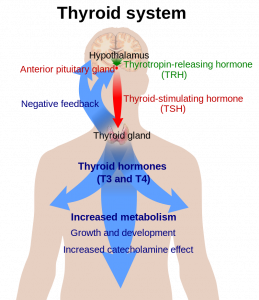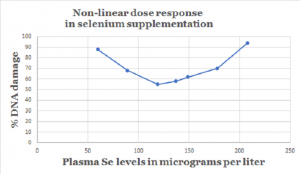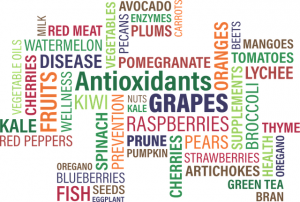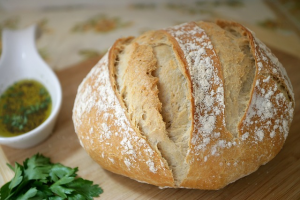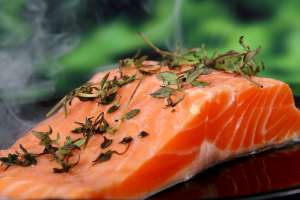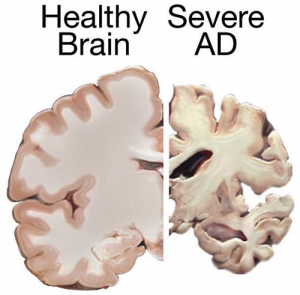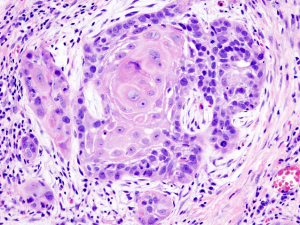
When we test the efficacy of selenium supplementation in the prevention of cancer, we often look at the effect of the selenium supplementation on bio-markers for the development of cancer. Bio-markers are substances whose presence in blood or tissue indicates the concurrent presence of a disease or an infection.
An Indian (sub-continent) research study has shown that supplementation with selenium, zinc, riboflavin, and vitamin A significantly inhibits the development of bio-markers for oral cancers [Prasad].
Okay, because the selenium was administered as one component in a micro-nutrient cocktail, we cannot attribute the outcome solely to the selenium supplementation. But it is a good bet that the selenium – through its incorporation into antioxidant selenoproteins – was a major factor in the beneficial health effects. There is support for the idea that antioxidant supplements are effective cancer chemopreventive agents [Prasad].

